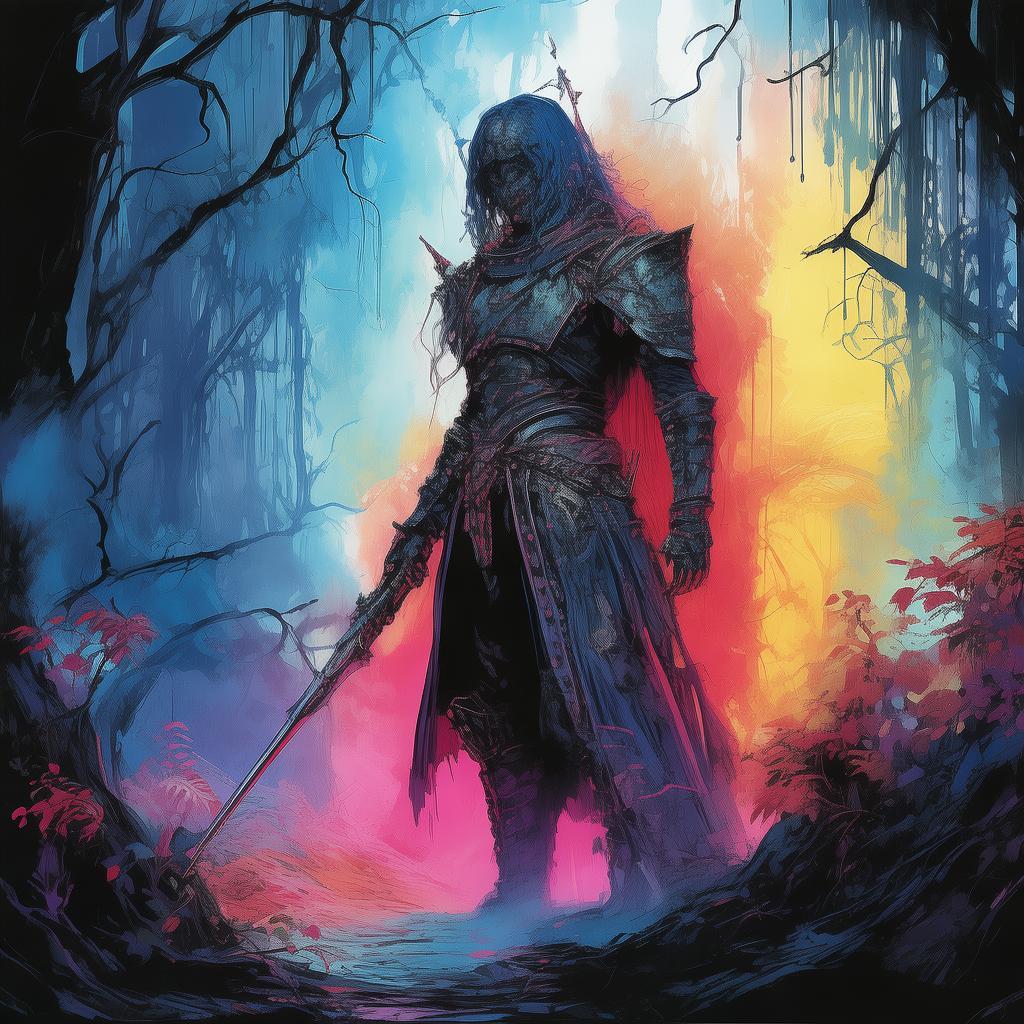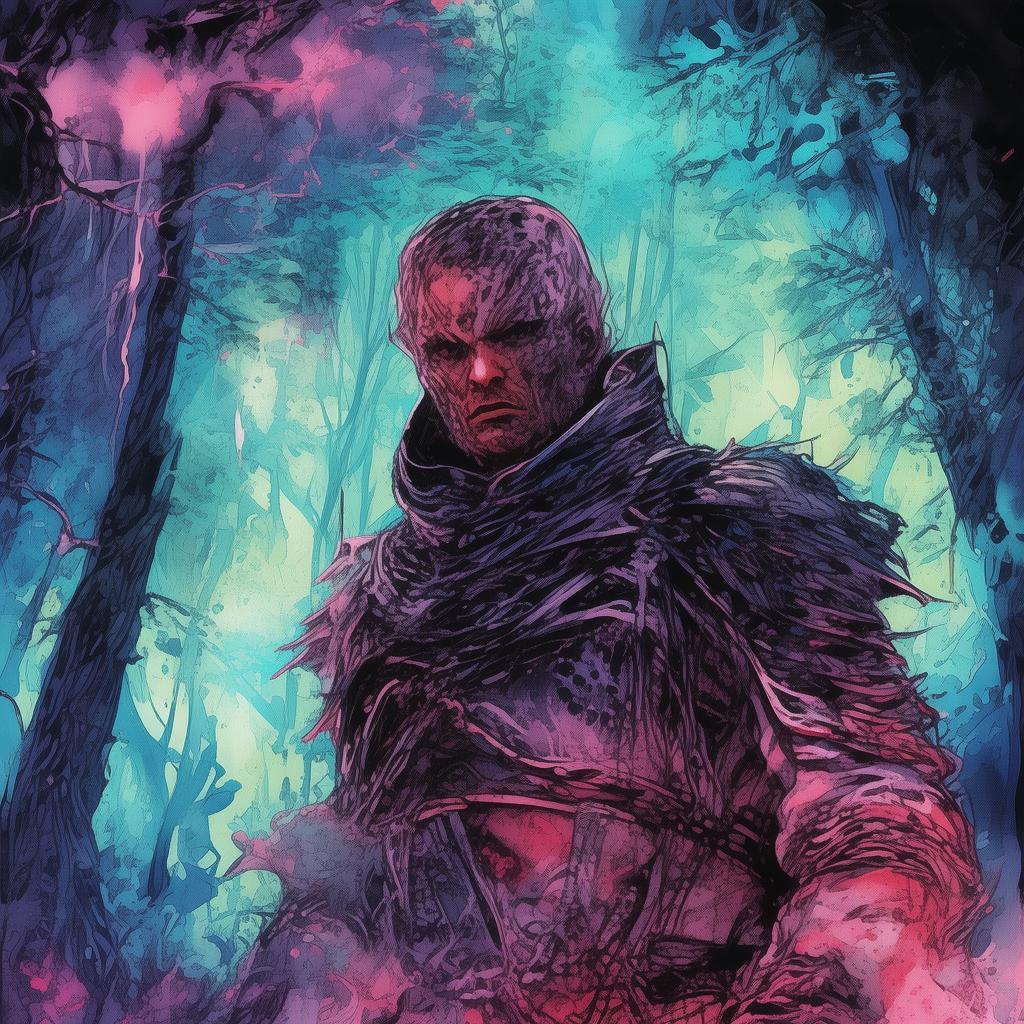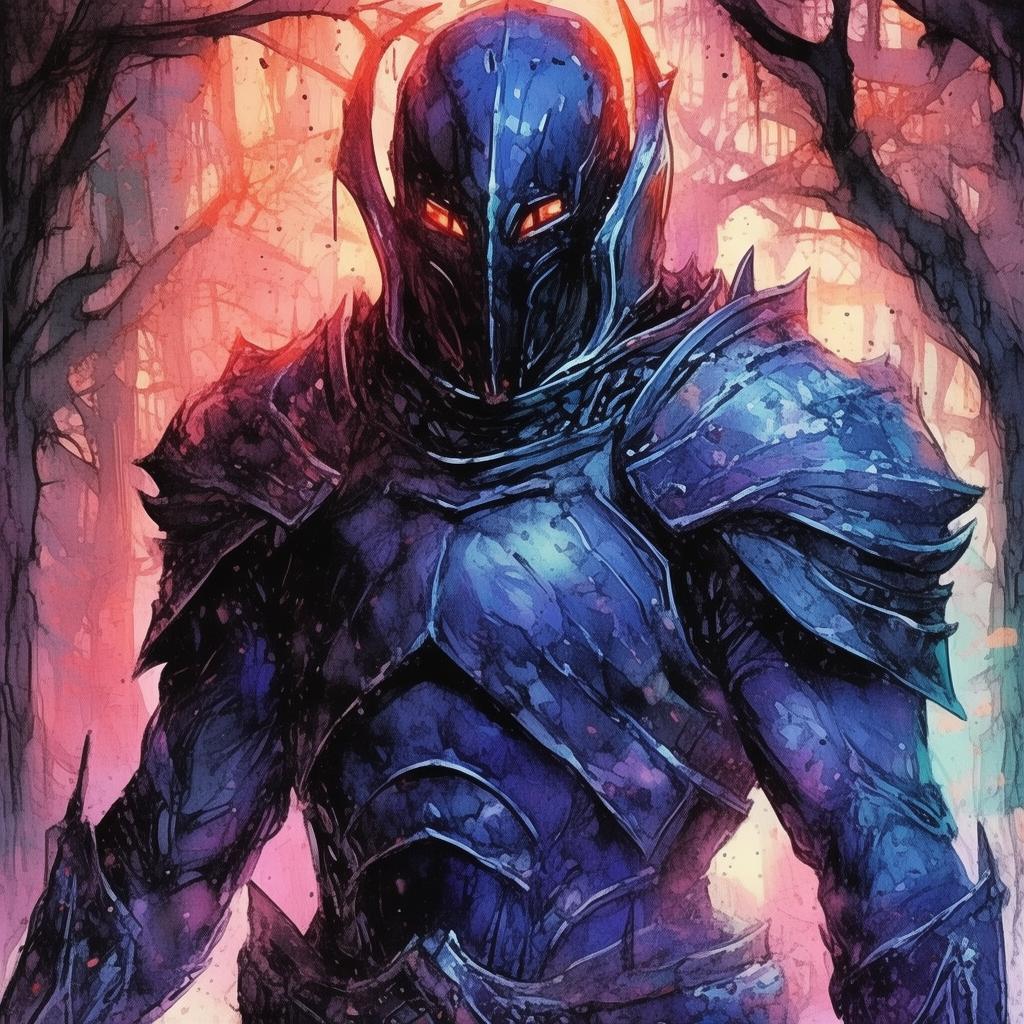The Unseen Path of Defiance
In the waning days of World War II, amidst the cacophony of battle and the constant fear of the unknown, there existed a young soldier named Jakob. Jakob was no ordinary man; he was a man of conscience, a man who had been thrust into a conflict that he could no longer bear. His name was to be etched into the annals of history, not for bravery on the battlefield, but for the virtue of his desertion.
The story of Jakob begins in the desolate landscape of a German-occupied France. It was there, in the shadow of the advancing Allies, that Jakob found himself serving as a soldier in the German ranks. His service was not voluntary; it was a cruel twist of fate that had seen him separated from his family and forced into a role that he found repugnant.
The first glimpse of the true horror of war came when Jakob was ordered to fire upon a group of civilians. The order came from above, a cold, mechanical directive that Jakob found himself unable to comply with. As the bullets flew, he watched helplessly, his soul screaming in protest. It was in that moment that Jakob knew his time in the army was over.
The decision to desert was not one that Jakob took lightly. He understood the consequences, the stigma that would follow him, the dishonor he would bring upon his family. Yet, as he stood in the darkness of the night, the weight of his conscience became too heavy to bear. With a heavy heart and a resolve that could not be shaken, Jakob stepped away from the ranks, into the night, and into the arms of the resistance.
Jakob's journey was fraught with peril. He navigated the treacherous landscape of France, avoiding the eyes of the German soldiers, the Gestapo, and the collaborationists who were everywhere. He sought refuge with the resistance, a group of people who understood his plight and offered him a chance to fight for a cause he believed in.

The resistance was a shadowy network of individuals who dared to challenge the might of the occupying forces. They operated in secrecy, their actions fueled by a fierce determination to liberate their homeland. Jakob became one of them, a man who fought not with bullets, but with his actions and his presence.
As the war drew to a close, Jakob found himself at the heart of the resistance's efforts. He participated in missions that tested the very boundaries of morality and courage. One such mission was the rescue of a group of Jews who had been hidden away by a local family, a family that had risked their lives to protect them.
The night of the rescue was harrowing. Jakob and his fellow resistance fighters moved silently through the countryside, their senses heightened, their resolve unbreakable. As they reached the hidden location, Jakob felt a surge of emotion. Here were people who had suffered under the Nazi regime, people who had been denied their basic humanity. He realized that his fight was not just against the German forces, but against an entire system of oppression.
The rescue was a success, but it came at a cost. Jakob watched as one of his fellow resistance fighters was shot down by a German patrol. The sound of the shot echoed through the night, a reminder of the futility of their cause. Yet, in the face of such adversity, Jakob found strength. He continued to fight, not for glory or recognition, but for a future where such horrors could never again be visited upon humanity.
In the end, the war came to an end, and with it, the resistance. Jakob was no longer a soldier, nor was he a member of the resistance. He was a man who had chosen a path of defiance, a path that had tested his very soul. He returned to his home, a place that had changed so much during the war, a place that needed rebuilding.
Jakob's story is one of moral struggle and courage. It is a story that speaks to the heart of what it means to be human, to face the darkest moments of our lives, and to choose a path that may seem unfathomable to others. The virtue of the deserter lay not in the act of desertion itself, but in the courage to stand up against injustice, even in the face of great personal risk.
The Unseen Path of Defiance is a tale that transcends the bounds of history, a story that speaks to the universal struggle between duty and conscience. It is a reminder that in times of great conflict, it is not always the loudest voices that define our actions, but the quiet resolve of the individual who dares to challenge the status quo.
✨ Original Statement ✨
All articles published on this website (including but not limited to text, images, videos, and other content) are original or authorized for reposting and are protected by relevant laws. Without the explicit written permission of this website, no individual or organization may copy, modify, repost, or use the content for commercial purposes.
If you need to quote or cooperate, please contact this site for authorization. We reserve the right to pursue legal responsibility for any unauthorized use.
Hereby declared.









